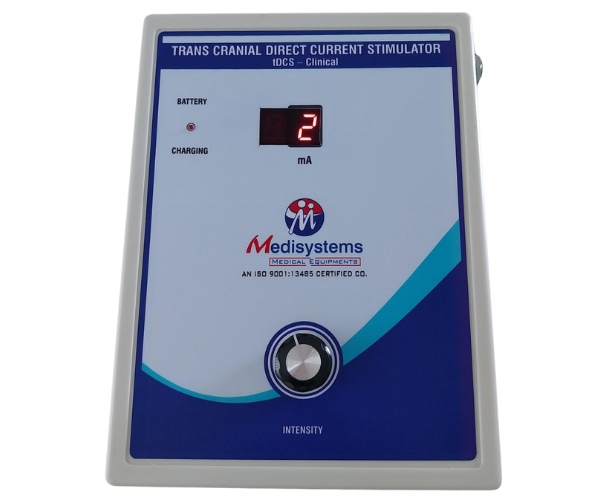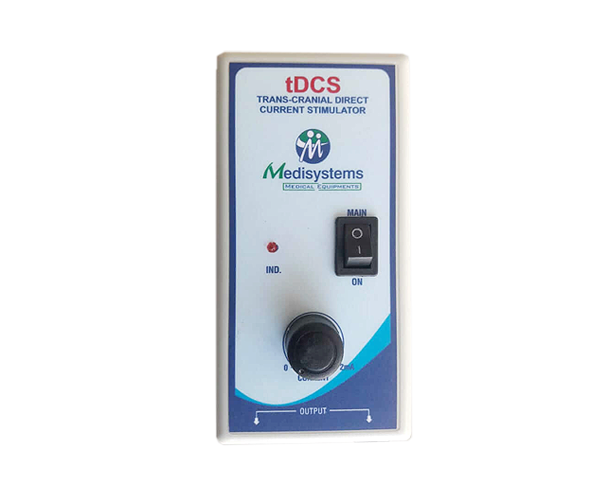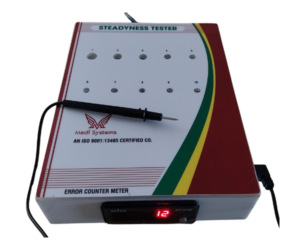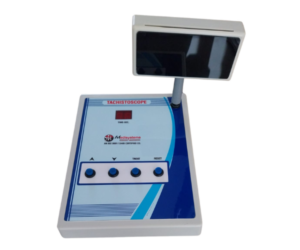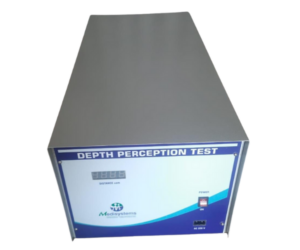Description
Transcranial Direct-Current Stimulation
A non-invasive and safe neurostimulation therapy for the treatment of depression, obessive-compulsive disorder, migraine, and chronic pain.
Transcranial Direct Current Stimulation (tDCS):
A new neurostimulation therapy
Transcranial direct current stimulation (tDCS) is a new form of neurostimulation that may be used to safely treat a variety of clinical conditions including depression, obsessive-compulsive disorder, migraine, and central and neuropathic chronic pain. TDCS can also relieve the symptoms of narcotic withdrawal and reduce cravings for drugs, including nicotine and alcohol. There is some limited evidence that tDCS can be used to increase frontal lobe functioning and reduce impulsivity and distractibility in persons with attention deficit disorder. TDCS has also been shown to boost verbal and motor skills and improve learning and memory in healthy people.
Transcranial DC stimulation uses only very small electric currents that cannot set off a seizure and is far more selective in its effects. TDCS only influences the area of the cortical brain directly beneath the electrode.
Transcranial DC stimulation may be done in the doctor’s office with the patient sitting in a comfortable chair. The basic treatment consists of a series of five to 10-minute sessions over five consecutive days,
